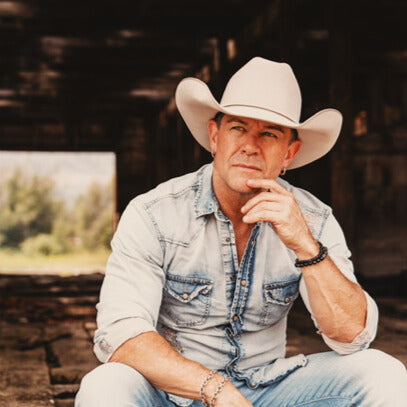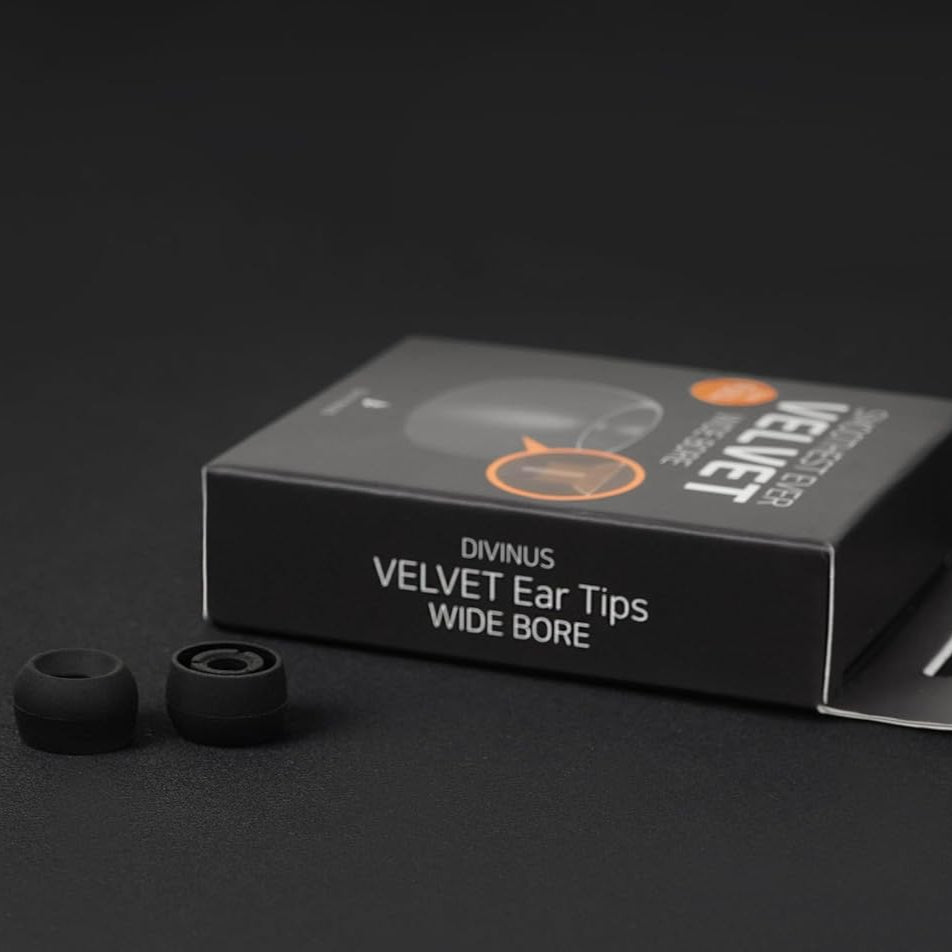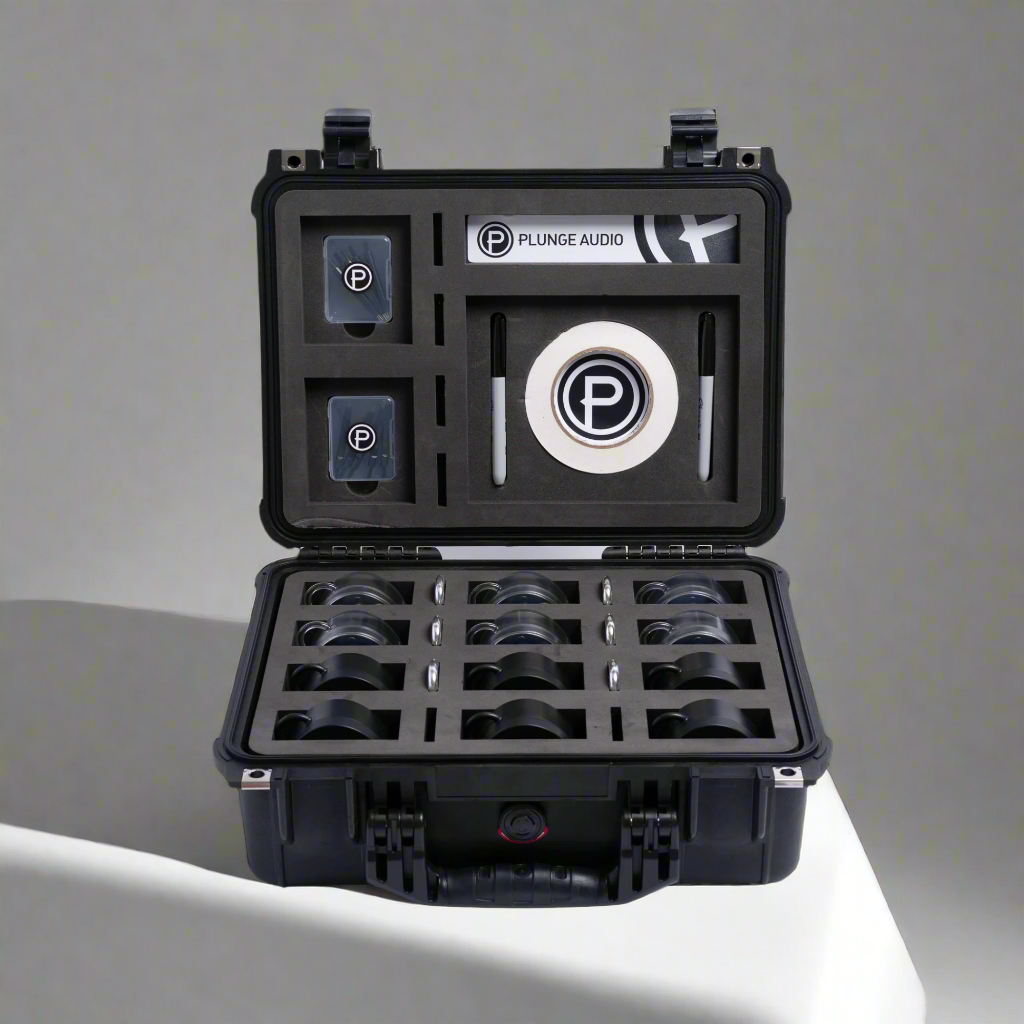We recently had the chance to chat with Canadian country music star and Unity Community member, Aaron Pritchett for an exclusive Q&A session. From his journey into the music world to memorable moments and on-stage essentials, Aaron shares it all. Whether you’re curious about his live setup or just want to get to know the man behind the music a little better, this chat is packed with stories you won’t want to miss. Dive in and get inspired!
What initially inspired you to pursue a career in music?
Initially, I wanted to be an actor, back when I was a teenager/young man. Music, and being a lead singer in a band, sort of fell on my lap. It wasn’t something I thought I was any good at, nor imagined I would ever have a career in. Once I was on a stage, singing live with a band and seeing the reaction from crowds and slowly gaining fans, the bug was caught and there was nothing more in life I wanted than to perform.
Can you share a memorable moment from your musical journey that has had a significant impact on you?
There have been so many music moments in my career that were impactful, but I can say that the most defining moment for me was in Dauphin, Manitoba in 2006. The festival is called Dauphin’s Country Music Fest, and I had just released, about a month prior, a new single to radio entitled “Hold My Beer.” It was following the massive success of the lead single called “Big Wheel” and was such a new track that I didn’t think anyone at that festival would know it yet.
After my set was finished, I went offstage in hopes of an encore. What happened then blew my mind. Instead of the crowd just cheering and whistling, they were ALL (18,000+ people) chanting over and over again, “HOLD MY BEER… HOLD MY BEER!!”
That was the defining moment for me—that I knew I had something special on my hands. And now, almost 20 years later, the single is still the one everyone wants to hear at shows and truly is my legacy song. Something I’m very proud to have written and get to perform for the rest of my life!
What influences have shaped your style of music?
When I was a young boy, I got into listening to music. My older sisters would listen to a lot of music that really helped shape my tastes, but I would have to say that Elvis Presley and Stevie Wonder were the most influential artists for me. Elvis was Elvis— not much more needs to be said. The voice, the look, the personality, and the charisma both on and off a stage were mesmerizing. I don’t know many people who wouldn’t know who he is/was because he’s timeless.
Stevie Wonder albums were played constantly in the household and he was someone whose music I absolutely loved and admired from a really young age.
Music played a massive role in my life as I grew up and was, for the most part, Rock & Roll or R&B. But in 1987, I heard a gentleman’s voice that changed my musical direction in a way I didn’t think ever likely. His name is Randy Travis. That smooth baritone, twangy vocal—singing fun, witty tunes or breaking your heart with a slow song—I was hooked.
From there, I explored the world of “New Country” music and fell in love with artists like Alan Jackson, Dwight Yoakam, George Strait, Reba, Clint Black, and the list goes on. All of their albums I still listen to today!
If you could create a soundtrack for any historical event, which one would it be and why?
This is one of the best questions I’ve ever been asked! I would say it would be the day the world found out that Elvis Presley had died. Nowadays, it’s not considered such a monumental, historical event, but back on August 16th, 1977, the world stopped spinning for a time. His impact on the world of music was so incredible that it spanned the globe.
Long before the internet—social media in particular—the music of Elvis spread like wildfire simply because of radio, television, and word of mouth. He was beloved by almost everyone, men and women, and a hero to everyone. Elvis was truly a one-of-a-kind human being.
If you could teleport to any concert in history, which one would you attend and why?
The original Woodstock in August of 1969 is where I would teleport myself. The “Summer of Love,” as it was known, would have been an incredible experience. Seeing all those amazing performers, feeling that amazing, positive, and loving energy looked like it was the highest (no pun intended) moment in life for anyone who was there.
Imagine watching a young Jimi Hendrix, Janis Joplin, and The Who all playing live and just crushing it? Unbelievable—that's what it would be.
If you could collaborate with any artist, living or deceased, who would it be and why?
Obviously, Elvis is at the top of the list. After about 2004, I started listening to a lot of jazz music—namely Harry Connick Jr., Sammy Davis Jr., Frank Sinatra, Billie Holiday, and Tony Bennett. But I would say out of all the jazz singers out there, and current singers in general, I would have to say Michael Bublé would be someone I’d love to collab with. Others are The Teskey Brothers, Chris Daughtry, and Billy Joel.
What's the most memorable feedback or reaction you've received from a fan?
Let’s go back a few years… almost 30, to be exact. Back to when I first started out in my music career. I was playing the clubs in the Vancouver area. Back then we would play at least 6 nights a week, doing 5 sets of 45 minutes each. Gruelling, really—but it was the best way to hone your craft. Eleven years of that earned me the ability to do what I do now on much bigger stages.
Some nights were brutal. To the point where there would only be 3 or 4 people come through the bar while we were on, between 9 p.m. and 2 a.m. The show still had to go on. Sometimes my family would pop in to show support, but one person in particular—my grandmother—would be there more times than most. I remember several times where I would come up to where she was sitting after my set and she would give me tips on what I could do better, more of, or maybe even start doing.
At first I was baffled, because most of the times she was there, maybe 2 or 3 other patrons were in there too (and they were either drunk or passed out!), so why would I put any kind of effort out there beyond what I had to?
She was right, though. She said, “It doesn’t matter how many people aren’t here. At least there is someone. If you’re good, then they will tell people about you, and your music will spread fast!” I have to give her so much credit for critiquing me because it’s worked out perfectly. I’ve NEVER missed a day of playing—no matter what, unless it was out of my control—and I always give the best show I possibly can, every day or night.
How did your collaboration with Plunge Audio begin?
Plunge Audio was an easy choice for me. Already knowing Simon’s history in the music industry got me intrigued about what he was doing, but as soon as I visited him and he gave me the in-ear experience, I knew without a shadow of a doubt this was the product for me. I could hear myself and the instruments so clearly, and without all the high-end frequencies that annoyed me with other brands. The attention to detail in drivers and tones was respected, and my ears sure appreciate not going deaf. And it’s all because of my Plunge Audio in-ear set.
What specific features do you look for when choosing IEMs for your performances?
Clarity is a must, first and foremost. Since I have the ability to be EQ’ing and setting up my own IEMs, making sure I can clearly hear my bandmates' instruments is of utmost importance. Secondly, the fit of the IEMs is very important to me. Whether it was the harder molds or the “one size fits all,” the fit is perfect. Another thing is customer service. It is top-notch, and the staff are super great to all of us. If anything needs to be fixed (usually self-inflicted), then the turnaround is immediate. With a busy, tight schedule, that’s a real blessing.
What advice would you give to other musicians who are considering using IEMs for the first time?
For anyone who has never used in-ears or is apprehensive about them, they are a must-have. The control you’re given and the ability to regulate the music going into your hearing using IEMs is immense. No more “who can be louder than who” floor monitors! The fact that you can individually put in or take out any instrument, or part of an instrument in the case of drums (snare, kick, hat, etc.) is worth every penny spent.



